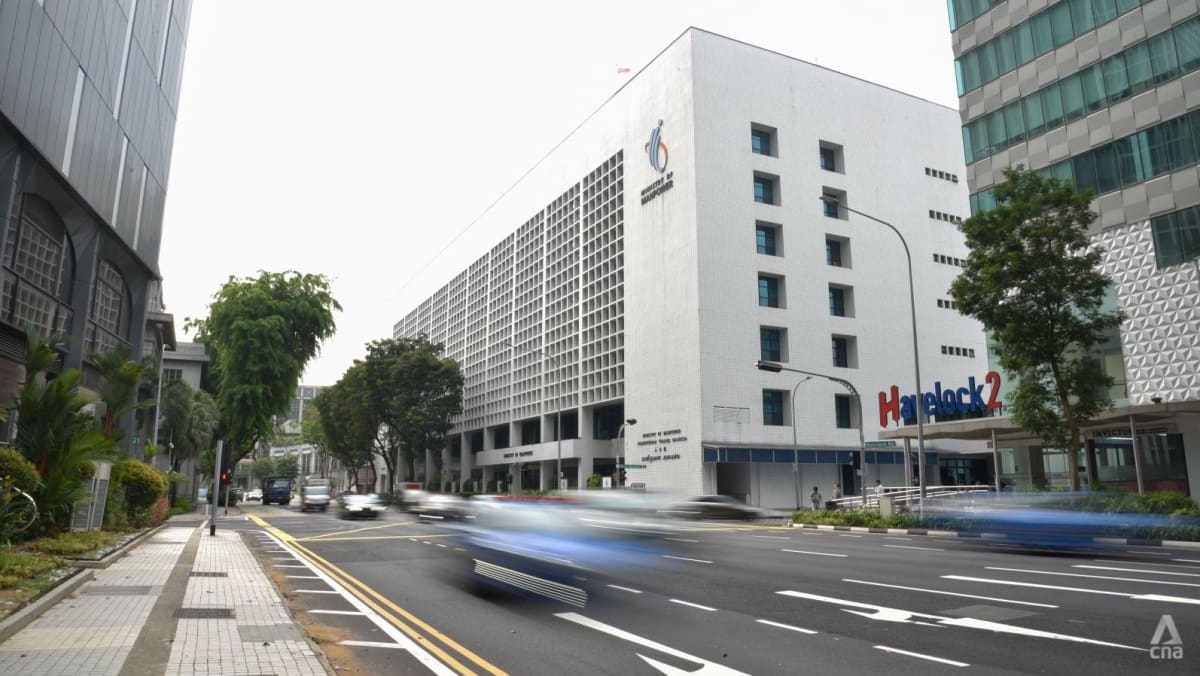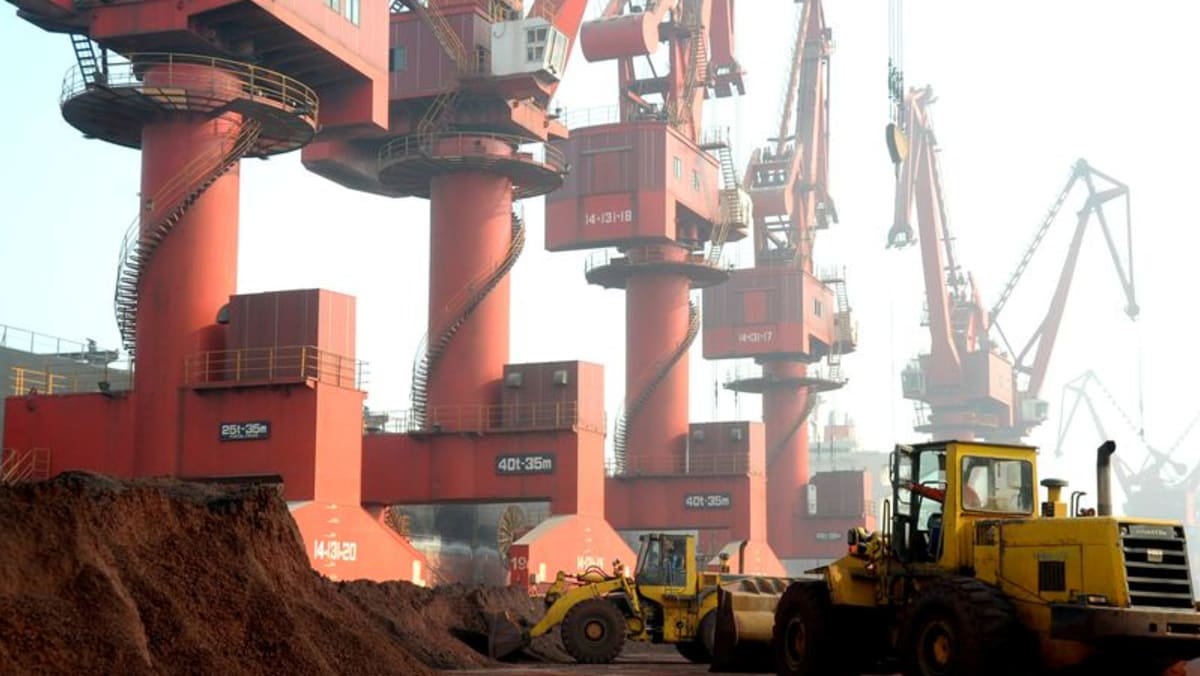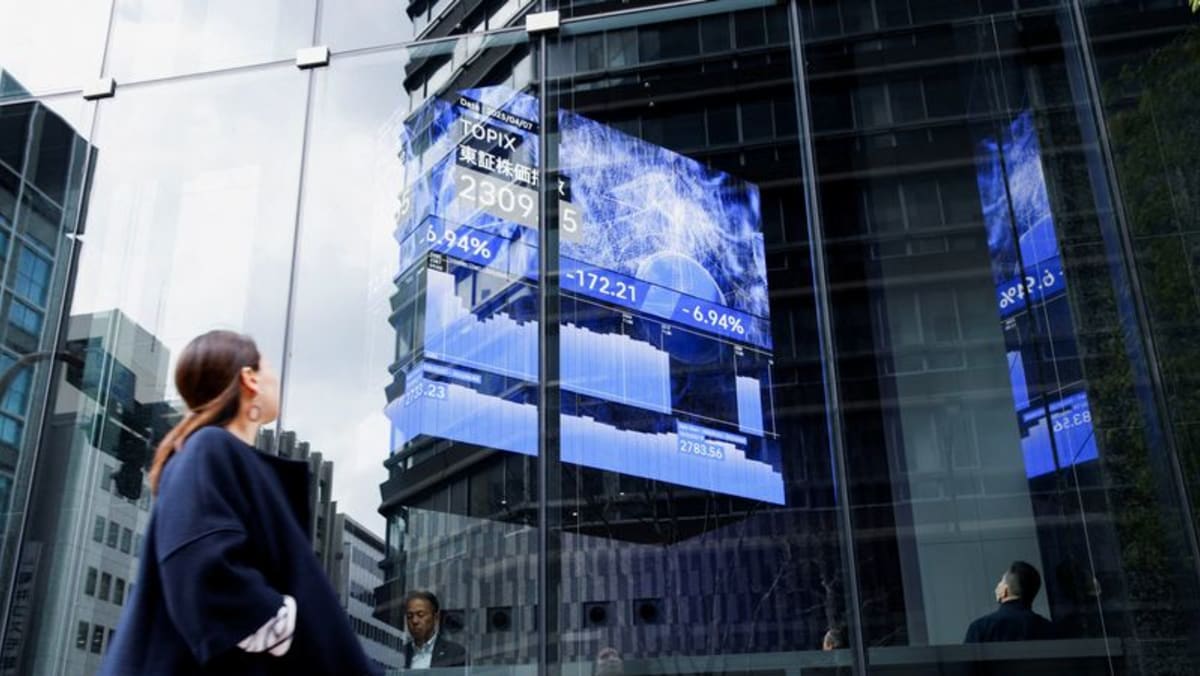TOKYO :Japanese stocks sank on Friday to their lowest levels since August, and were set for their sharpest weekly drop in five years, as fears of a global recession in the wake of U.S. President Donald Trump's sweeping tariffs gripped markets.
As of 0230 GMT, the Nikkei index was down 2.6 per cent at 33,818.18, and on course for a weekly decline of nearly 9 per cent, if losses hold.
The broader Topix fell 3.5 per cent to 2,477.96, poised for a weekly drop of 10 per cent. Both indexes were set for their steepest weekly losses since March 2020.
Wall Street benchmarks slumped on Thursday, ending with the largest single-day percentage losses in years. S&P 500 companies lost a combined $2.4 trillion in stock market value.
The brutal selloff came after Trump announced on Wednesday Washington's steepest trade barriers in more than 100 years, sending investors scrambling for safe-haven assets, including the yen, which added further pressure on Japanese stocks.
"Investors wanted to sell what they have as they turned to a risk-off mode this week," Hiroyuki Ueno, chief strategist at Sumitomo Mitsui Trust Asset Management.
All but five of the Tokyo Stock Exchange's 33 industry sub-indexes dropped on Friday, with the banking index down 10 per cent, making it the worst performer. The banking index was on track for a decline of more than 20 per cent this week, its worst weekly performance on record.
Japanese bank shares had gained popularity among investors betting on rising Bank of Japan interest rates, but the spectre of tariffs and their potential impact on economic growth has stoked speculation that the central bank may need to delay hikes.
Shares of Mitsubishi UFJ Financial Group, one of Japan's biggest banking groups, fell 10.3 per cent and were set for their biggest one-day drop since August 5.
BOJ Deputy Governor Shinichi Uchida said the central bank will continue to raise interest rates if the likelihood of achieving its 2 per cent inflation target increases, while also closely monitoring the risks posed by higher U.S. tariffs.
"Unlike yesterday's broad sell-off, today investors are replacing their portfolios by selling exporters and buying stocks with domestic demand," said Ueno.
Shares of Mitsui Fudosan were up 5 per cent while East Japan Railway advanced 3.8 per cent.


















































